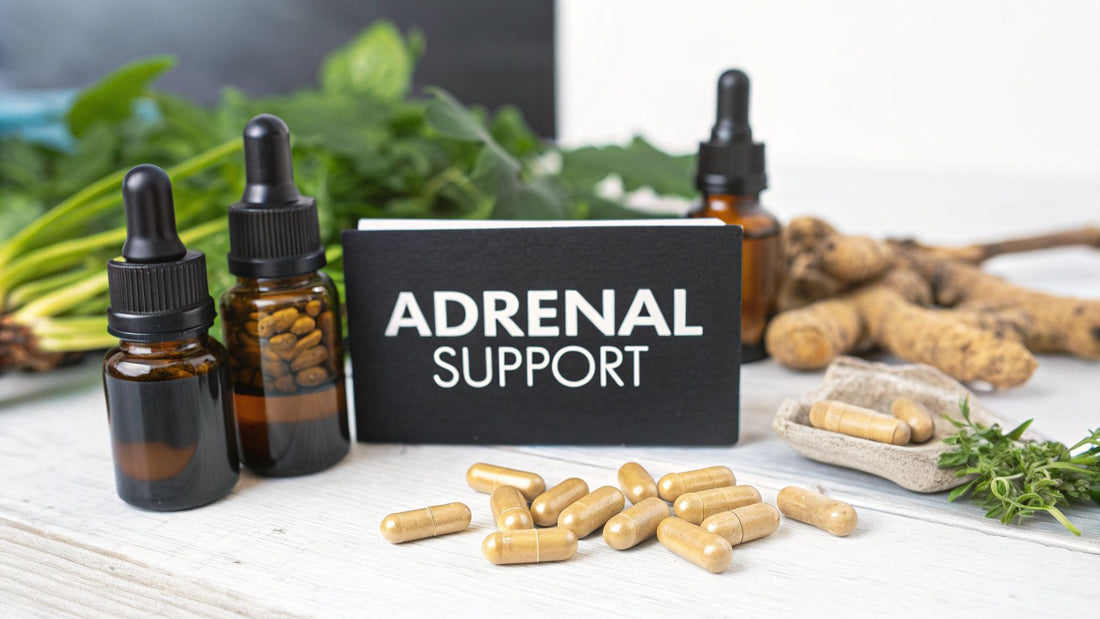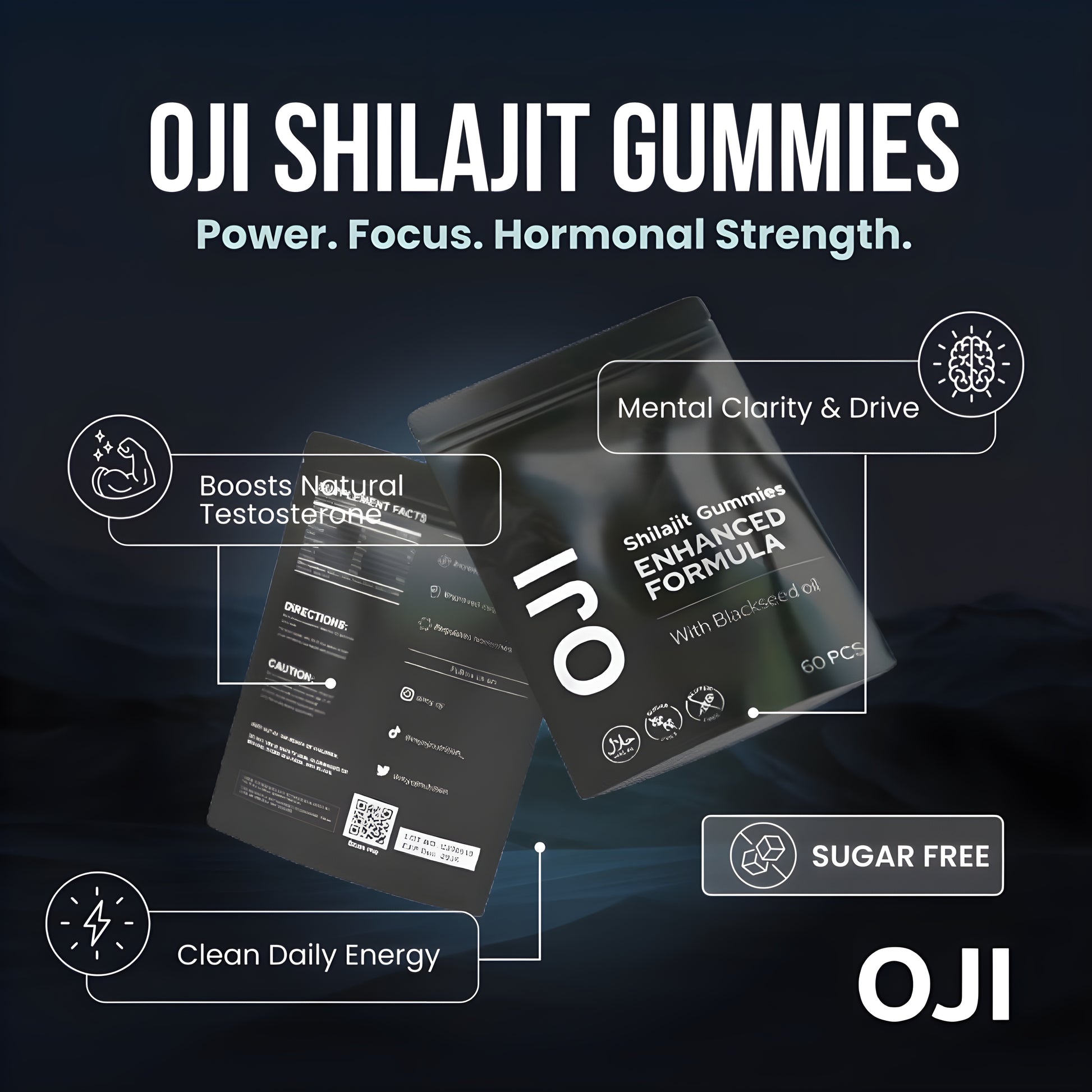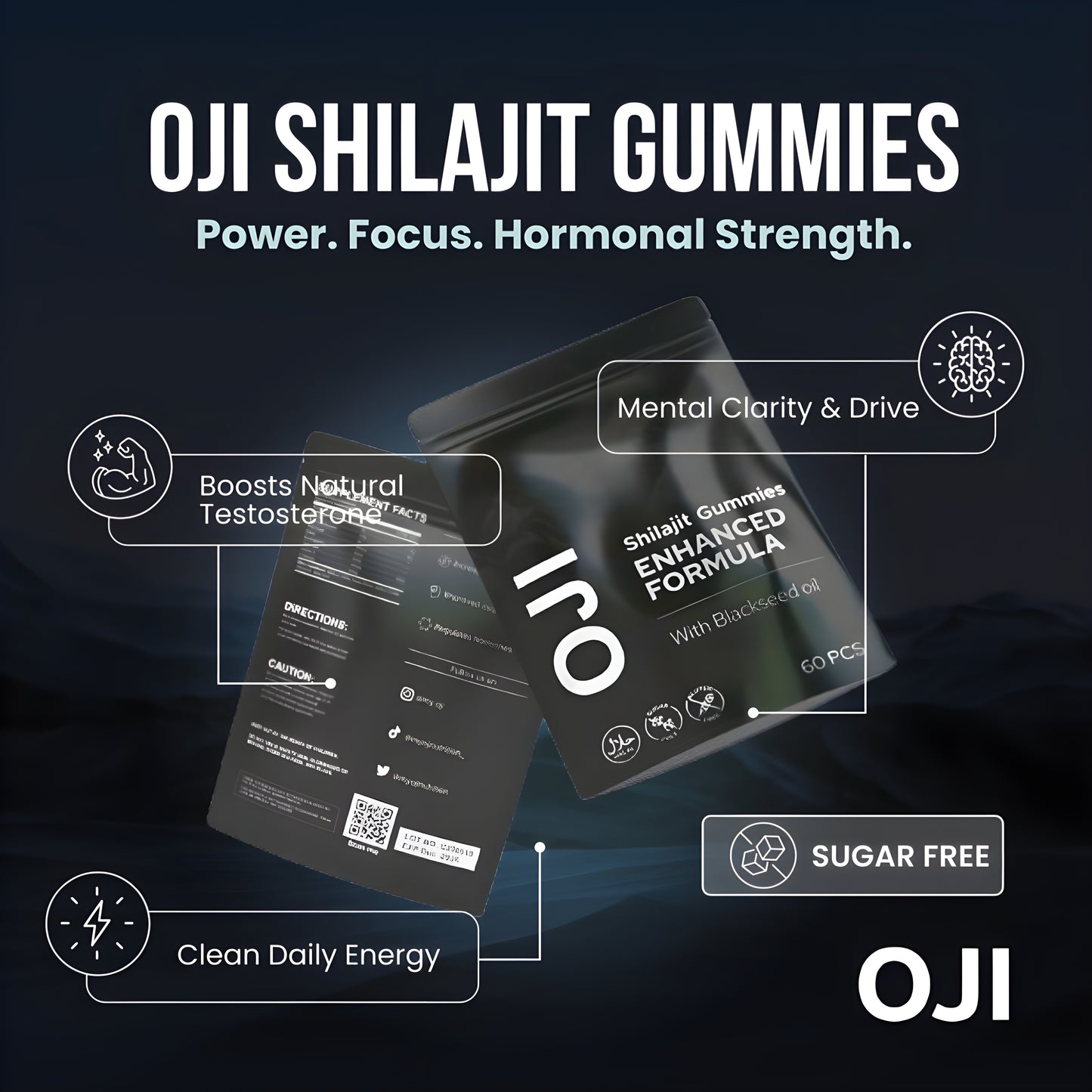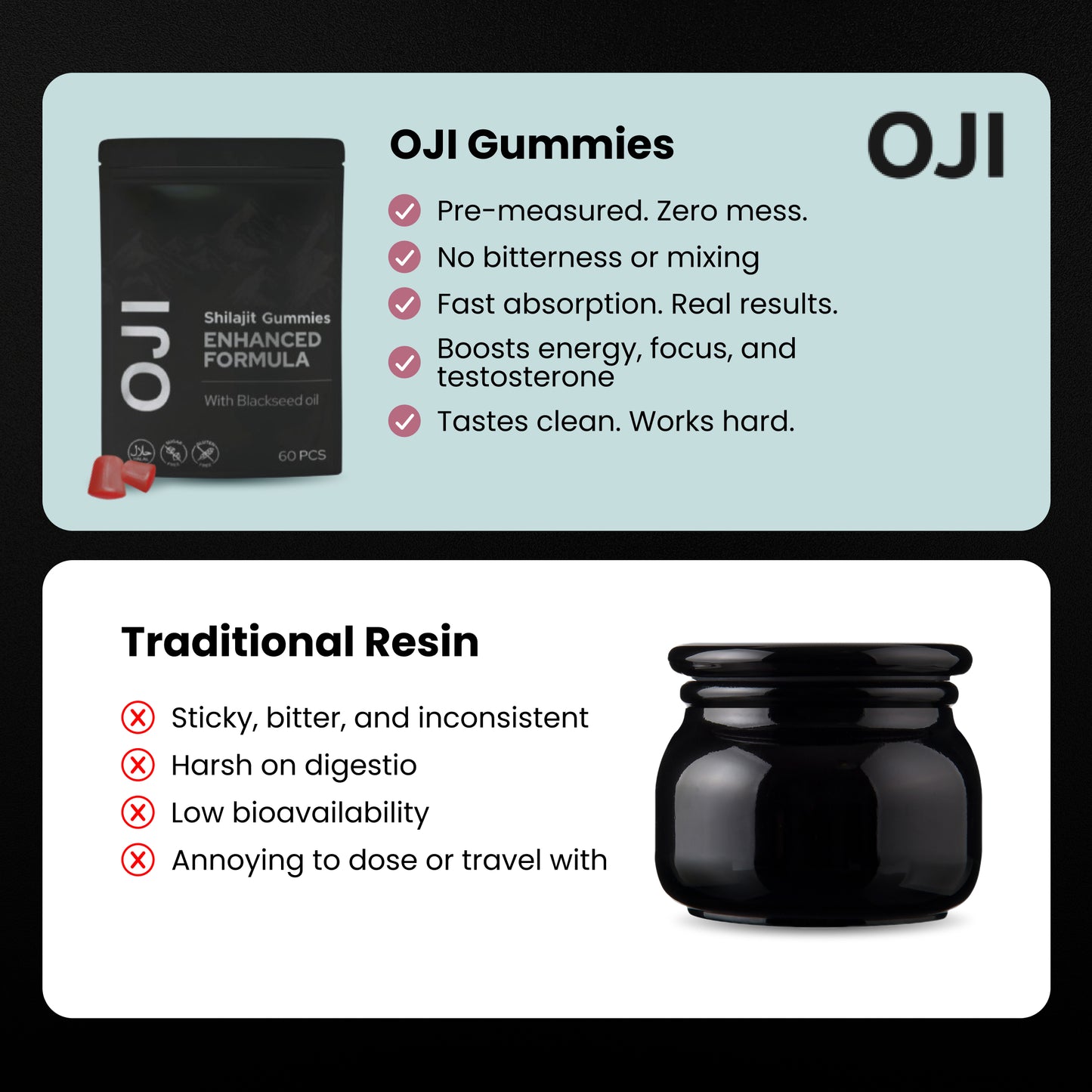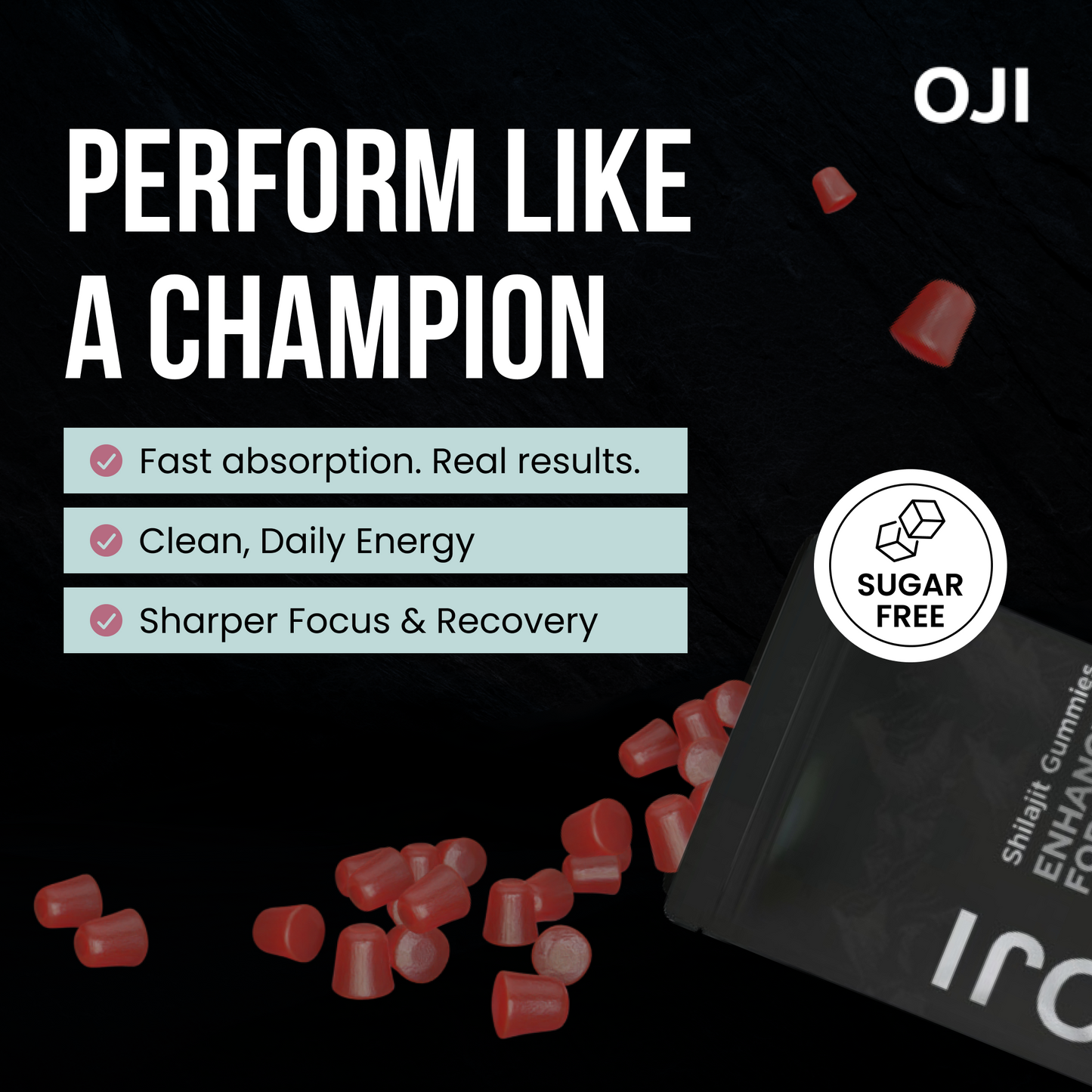Feeling constantly drained, wired but tired, and overwhelmed by daily stressors? While "adrenal fatigue" isn't a formal medical diagnosis, the symptoms associated with chronic stress are very real and can significantly impact your quality of life. This feeling of being perpetually run-down is often your body's signal that its stress-response system, managed by the adrenal glands, is overworked and needs support. Lasting energy and resilience aren't built on caffeine and sugar; they're cultivated by giving your body the specific nutrients it needs to manage stress effectively.
This guide moves beyond generic advice to provide actionable steps for adrenal support. We will explore a curated list of the most effective supplements for adrenal fatigue, focusing on how each one works to restore balance and vitality. You will learn not just what to take, but why it helps, alongside practical details on dosages, safety considerations, and what to look for in a quality product. Our goal is to equip you with the knowledge to make informed decisions, helping you move from feeling depleted to feeling revitalised. Let's delve into the key compounds that can help you reclaim your energy and build a more resilient foundation against stress.
1. Adaptogenic Herbs (Ashwagandha, Rhodiola, Holy Basil)
Adaptogenic herbs are a cornerstone of natural support for the body's stress response system. These remarkable plants help the body adapt to various stressors, whether physical, chemical, or biological. Instead of stimulating or sedating, they work to normalise bodily functions and strengthen the systems compromised by stress, making them a primary consideration when looking for supplements for adrenal fatigue.
They function by interacting with the hypothalamic-pituitary-adrenal (HPA) axis, which is the central command centre for your stress response. By modulating the output of stress hormones like cortisol, adaptogens help prevent the highs and lows that contribute to feelings of being "wired and tired."
Key Adaptogens and How to Use Them
Each adaptogen has a unique profile, allowing you to choose one that best matches your specific symptoms.
-
Ashwagandha (Withania somnifera): Often called the "king of adaptogens," Ashwagandha is particularly effective for calming an overactive nervous system and reducing anxiety. It helps lower cortisol levels, improve sleep quality, and enhance resilience to stress.
- Actionable Tip: To promote restful sleep and support overnight recovery, take a 300-600 mg dose of a standardised Ashwagandha root extract in the evening with your dinner.
-
Rhodiola Rosea: If your primary symptom is debilitating fatigue and brain fog, Rhodiola is an excellent choice. This adaptogen is known for its stimulating properties, helping to increase energy, enhance mental clarity, and improve physical endurance without the crash associated with caffeine.
- Actionable Tip: To combat fatigue and boost focus, take 200-400 mg of Rhodiola in the morning with breakfast. Look for extracts standardised to contain 3% rosavins and 1% salidroside for maximum effectiveness. Avoid taking it after 2 PM to prevent sleep disruption.
-
Holy Basil (Ocimum sanctum or Tulsi): This herb is revered in Ayurvedic medicine for its ability to promote a sense of calm and well-being. It helps to balance cortisol, support metabolic health, and protect the body from stress-induced physiological damage.
- Actionable Tip: To help manage daily stressors and foster a balanced mood, drink Holy Basil tea 1-2 times during the day or take a 300-500 mg supplement with a meal. It's less stimulating than Rhodiola, making it a good choice for all-day support.
Key Insight: The power of adaptogens lies in their dual-directional, or amphoteric, action. They can either calm an overstimulated system or energise a depleted one, providing exactly what your body needs to find equilibrium. This intelligent modulation is what makes them such powerful allies for adrenal support.
2. Vitamin B Complex (Especially B5 and B6)
The B-vitamin family is a group of water-soluble vitamins that play a fundamental role in cellular energy production. They act as essential cofactors in countless metabolic processes, including the synthesis of adrenal hormones. For anyone seeking supplements for adrenal fatigue, a high-quality B-complex is a non-negotiable foundation for supporting energy and resilience.
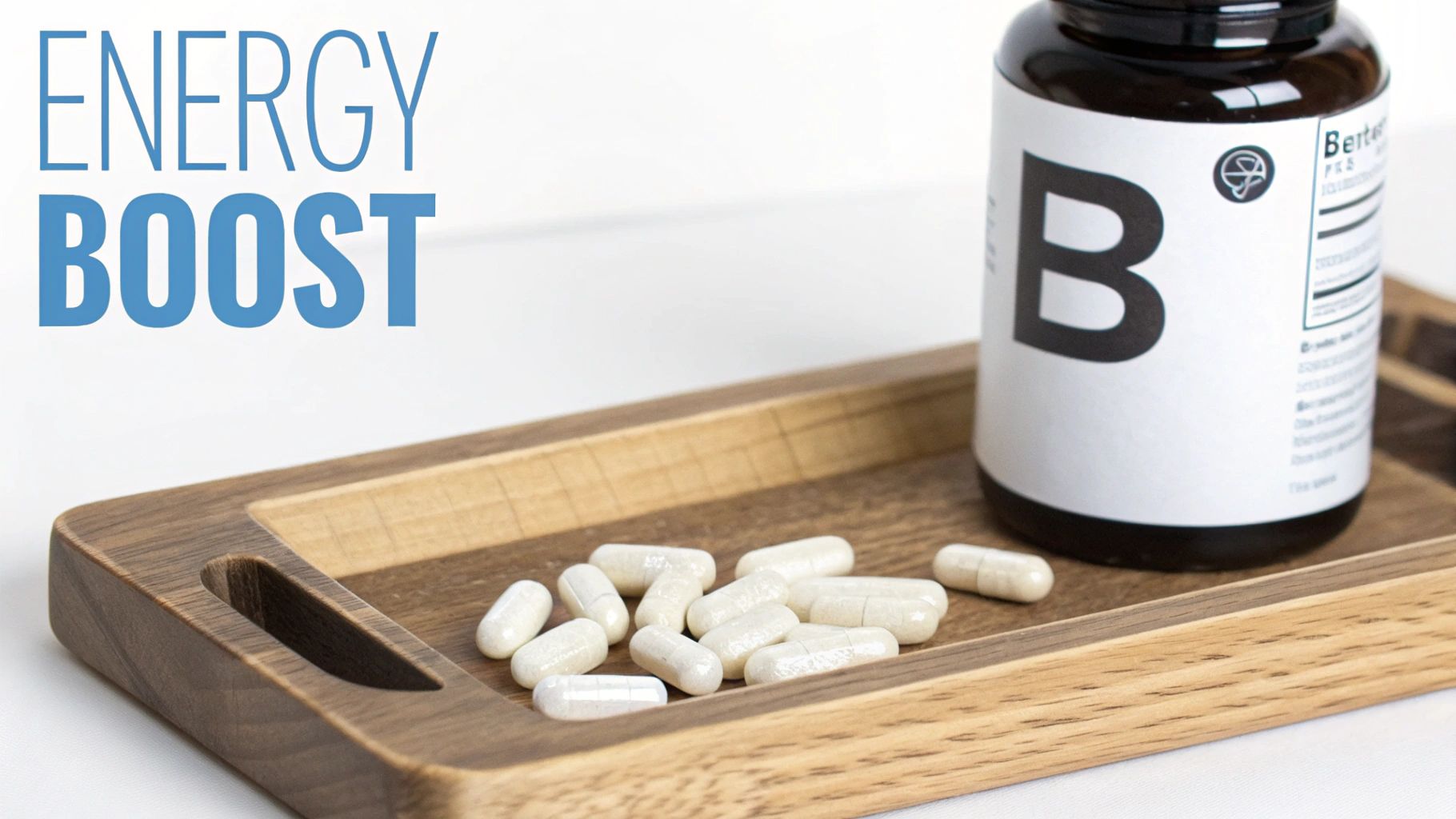
During periods of prolonged stress, the body's demand for these nutrients skyrockets. The adrenal glands, in particular, have a high concentration of Pantothenic Acid (Vitamin B5), which is a critical component of Coenzyme-A, a molecule essential for synthesising cortisol and other stress hormones. Vitamin B6 (Pyridoxine) is equally vital for producing neurotransmitters like serotonin and dopamine, which regulate mood and are often depleted by chronic stress.
Key B Vitamins and How to Use Them
While the B vitamins work best together as a complex, B5 and B6 are standout performers for adrenal support.
-
Vitamin B5 (Pantothenic Acid): Known as the "anti-stress vitamin," B5 is directly involved in the function of the adrenal glands and the production of cortisol. Adequate levels are necessary for a healthy and balanced stress response. Without enough B5, the adrenals cannot function optimally.
- Actionable Tip: When selecting a B-complex supplement, check the label to ensure it provides at least 50-100 mg of Vitamin B5 (Pantothenic Acid) to specifically target adrenal support.
-
Vitamin B6 (Pyridoxine): This vitamin is a powerhouse for the nervous system. It helps the body make key neurotransmitters that influence mood and sleep, and it also plays a role in managing homocysteine levels, an amino acid linked to stress-related health issues when elevated. It's crucial for converting nutrients into energy.
- Actionable Tip: To get the most out of your supplement, choose a B-complex that contains an activated form of B6, such as Pyridoxal-5-Phosphate (P-5-P). This form is readily usable by the body, offering superior support for mood and cognition.
-
Full B-Complex: The entire family, including B1, B2, B3, B7, B9, and B12, works in synergy. B12 and Folate (B9) are particularly important for energy and neurological health. Deficiencies in any single B vitamin can impair the function of the others.
- Actionable Tip: Always choose a B-complex over single B vitamins unless specifically advised by a healthcare professional. For a sustained energy lift, take your B-complex with breakfast. This timing aids absorption and helps prevent its energising effects from disturbing your sleep. Many find B vitamins helpful in clearing stress-induced mental fog; discover more about the connection between vitamin deficiency and brain fog.
Key Insight: The B vitamins are the spark plugs for your cellular engines. When your body is under stress, it's like driving with the accelerator pressed to the floor, rapidly burning through fuel and these essential nutrients. Replenishing them with a high-potency, activated B-complex is a direct way to refuel your system and support the very glands that manage your stress response.
3. Vitamin C (Ascorbic Acid)
Often overlooked in favour of more exotic herbs, Vitamin C is a fundamental nutrient for adrenal function and a crucial supplement for adrenal fatigue. The adrenal glands contain one of the highest concentrations of Vitamin C in the entire body, a testament to its critical role in the stress response. It is an essential cofactor in the production of adrenal hormones, including cortisol, meaning your body simply cannot mount an effective stress response without it.
During periods of prolonged stress, the body’s demand for Vitamin C skyrockets, and adrenal stores can become rapidly depleted. This depletion can impair your ability to produce adequate cortisol, leaving you feeling exhausted and unable to cope with daily demands. Replenishing this vital nutrient helps support healthy cortisol modulation, protects adrenal cells from oxidative damage, and bolsters the immune system, which is often compromised by chronic stress.
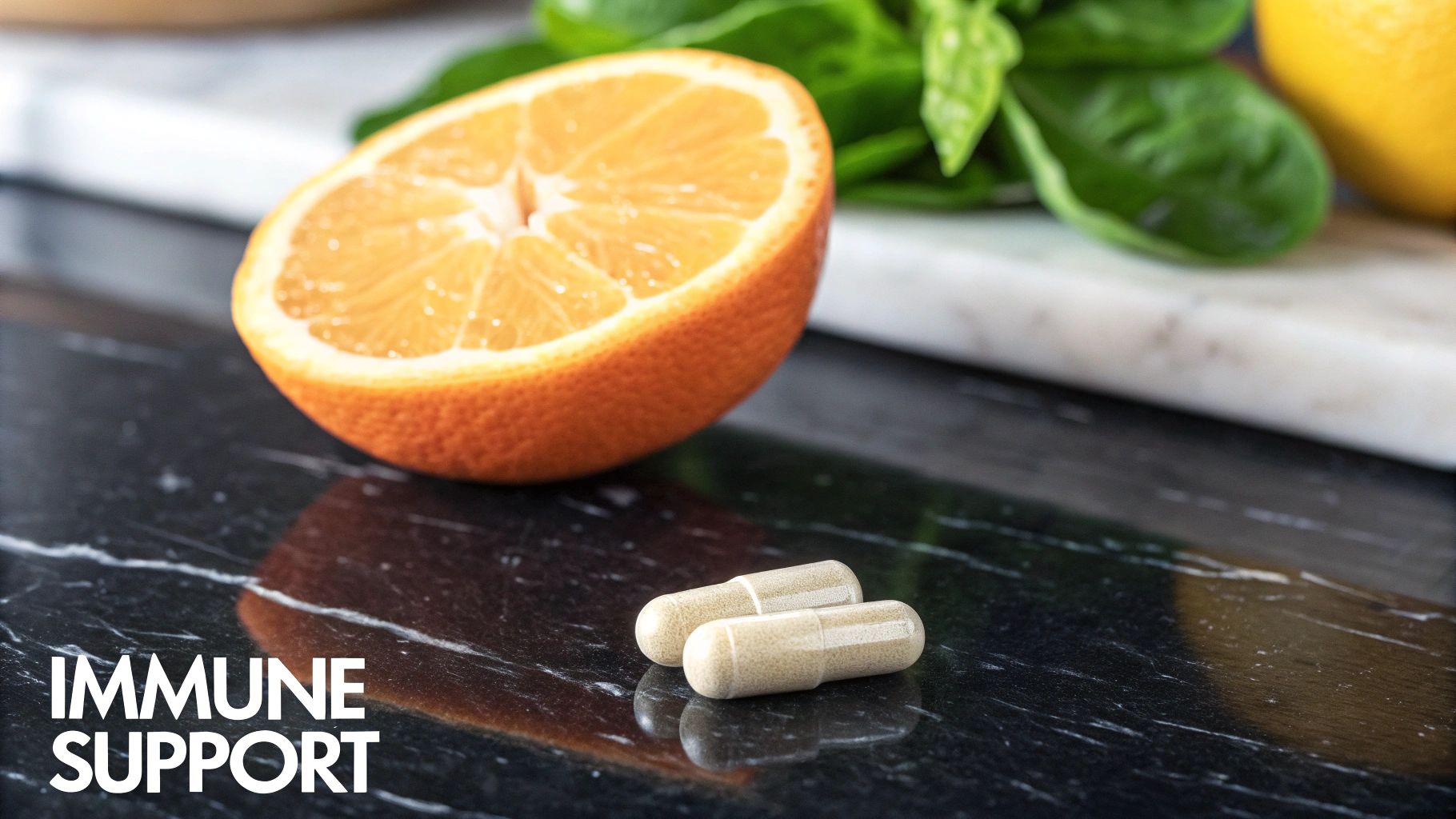
How to Use Vitamin C for Adrenal Support
Because Vitamin C is water-soluble and not stored in large amounts, consistent intake is key, especially when under stress. The goal is to maintain stable levels to meet the adrenals' high demand.
-
Divide Your Doses: Your body can only absorb a certain amount of Vitamin C at one time. To maximise absorption and maintain steady levels, split your total daily intake. For example, take 500 mg four times a day rather than 2,000 mg all at once.
- Actionable Tip: Start with a dose of 1,000 mg per day, taken as two 500 mg servings with breakfast and lunch. During high-stress periods, you can gradually increase to 2,000-4,000 mg daily, monitoring your energy and bowel tolerance.
-
Choose a Buffered Form: High doses of standard ascorbic acid can cause stomach upset. If you are sensitive, choose a buffered form like calcium ascorbate or magnesium ascorbate, which are gentler on the digestive system.
- Actionable Tip: If plain ascorbic acid causes digestive discomfort, switch to a buffered Vitamin C powder or capsule to continue your supplementation without side effects.
-
Enhance with Bioflavonoids: For superior antioxidant protection, look for a Vitamin C supplement that also contains bioflavonoids like quercetin and rutin. These natural compounds work synergistically with Vitamin C, enhancing its effects and improving its absorption.
- Actionable Tip: When purchasing your supplement, check the label for "bioflavonoids" to ensure you're getting a more complete and effective product for adrenal and immune support.
Key Insight: Think of Vitamin C as the fuel and the shield for your adrenal glands. It not only fuels the production of stress hormones but also acts as a potent antioxidant, shielding the delicate adrenal tissue from the oxidative damage that stress itself creates. Failing to replenish it during chronic stress is like asking a firefighter to battle a blaze without water.
4. Magnesium
Magnesium is an essential mineral often referred to as the "relaxation mineral," and its role in managing the body's stress response cannot be overstated. It is involved in over 300 vital enzymatic reactions and is crucial for regulating the nervous system, energy production, and adrenal function. During periods of chronic stress, the body's demand for magnesium skyrockets, and stores can be rapidly depleted, creating a vicious cycle that can worsen symptoms of adrenal fatigue.
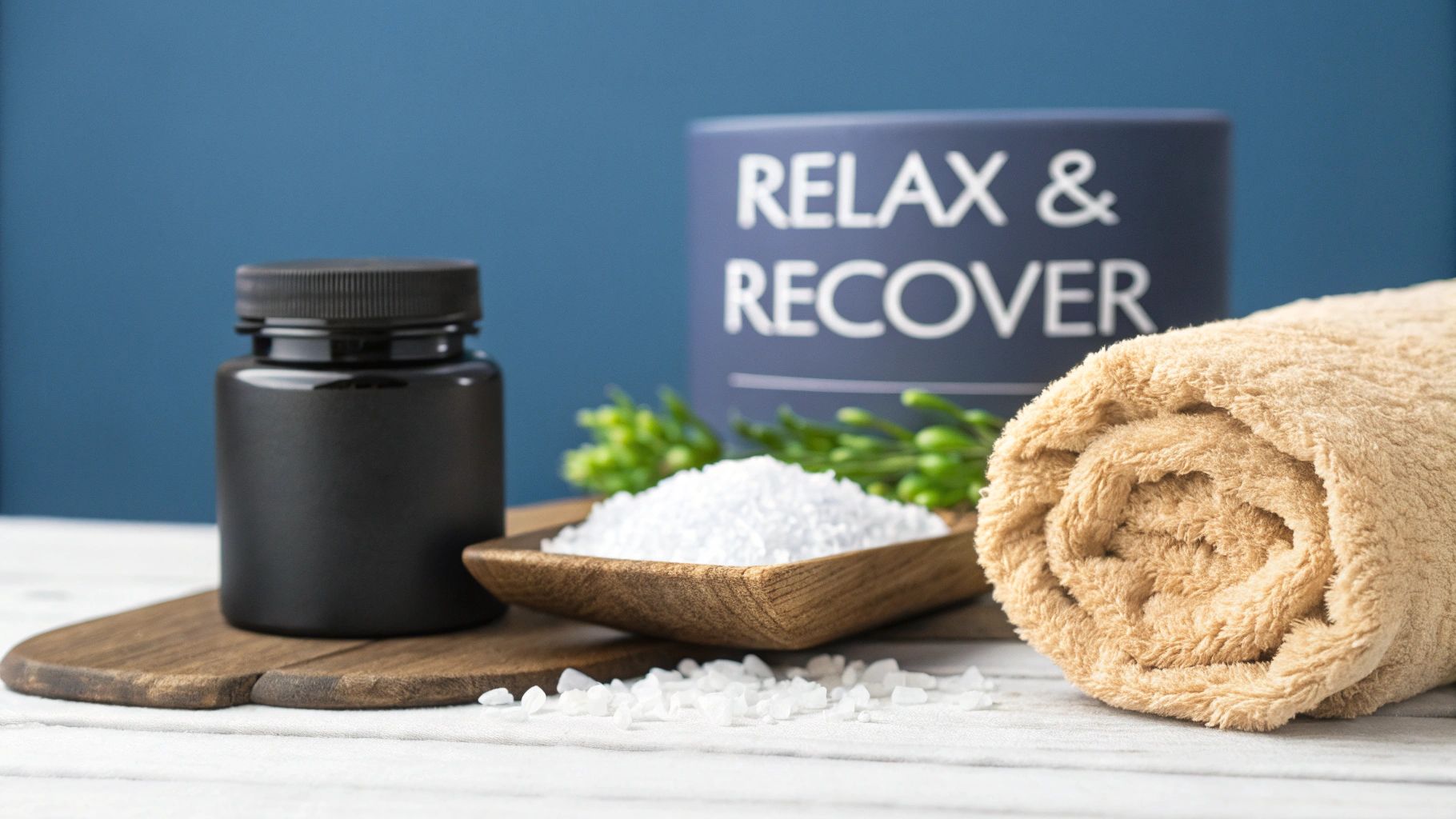
This mineral directly calms the nervous system by acting as a brake on the HPA axis and binding to GABA receptors in the brain, which helps to reduce anxiety and promote a sense of tranquillity. By activating the parasympathetic "rest and digest" nervous system, magnesium helps counterbalance the "fight or flight" response, making it one of the most fundamental supplements for adrenal fatigue recovery. It is a vital component of a well-rounded adrenal support strategy; you can explore the importance of magnesium and other trace minerals to understand its broader role in overall health.
How to Use Magnesium for Adrenal Support
Choosing the right form and timing for magnesium supplementation is key to unlocking its full benefits for stress, sleep, and muscle tension.
-
For Improved Sleep and Relaxation: Many people struggling with adrenal imbalance report difficulty falling asleep or staying asleep. Magnesium glycinate is highly bioavailable and gentle on the stomach, making it an excellent choice for promoting restful sleep.
- Actionable Tip: To help calm your nervous system and prepare for deep sleep, take 200-400 mg of magnesium glycinate (or bisglycinate) 60-90 minutes before bedtime.
-
For Muscle Tension and Cramps: Chronic stress often manifests as physical tension, headaches, and muscle cramps, which are classic signs of magnesium deficiency. Replenishing your levels can provide significant relief.
- Actionable Tip: For targeted relief from muscle tightness in areas like the neck and shoulders, apply topical magnesium oil or lotion directly to the sore spots. Combine this with a daily oral magnesium supplement.
-
For Anxiety and Mood Support: Magnesium plays a critical role in producing mood-regulating neurotransmitters like serotonin. Studies have shown that supplementation can have a noticeable impact on feelings of anxiety.
- Actionable Tip: To help manage daytime anxiety, start with a 200 mg dose of magnesium malate with your breakfast. This form is less sedating than glycinate. Avoid magnesium oxide, as it is poorly absorbed and more likely to cause digestive upset.
Key Insight: The relationship between stress and magnesium is a two-way street. Stress depletes magnesium, and low magnesium levels make the body more reactive to stress. By supplementing, you can break this cycle, providing your adrenal glands and nervous system with the foundational support they need to recover and build resilience.
5. Phosphatidylserine
Phosphatidylserine (PS) is a vital fat compound, known as a phospholipid, that is a key structural component of our cell membranes. It is especially concentrated in the brain and adrenal tissues, where it plays a critical role in cellular communication and function. When considering supplements for adrenal fatigue, PS is particularly noteworthy for its proven ability to help regulate the hypothalamic-pituitary-adrenal (HPA) axis and buffer the body’s cortisol response to stress.
By supporting healthy cell membrane fluidity, PS ensures that receptors for hormones like cortisol are functioning correctly. In states of chronic stress, cortisol levels can become chronically elevated or follow a dysfunctional pattern. Phosphatidylserine helps to normalise this rhythm, blunting excessive cortisol production and making it an excellent tool for those feeling "wired" but unable to relax.
How to Use Phosphatidylserine Effectively
The primary benefit of PS lies in its cortisol-modulating effects, which can positively impact mood, cognitive function, and sleep. Its application is backed by a significant body of research.
-
To Buffer High Cortisol: Clinical research shows PS helps blunt excessive cortisol spikes caused by acute stress. This makes it a valuable supplement during periods of intense mental or physical pressure, especially for those who feel "wired" in the evening.
- Actionable Tip: If high evening cortisol disrupts your sleep, take 100-200 mg of Phosphatidylserine with dinner. This can help lower the cortisol spike and promote a calmer state conducive to sleep.
-
To Aid Exercise Recovery: Athletes often use PS to manage the physiological stress of intense training. By lowering the exercise-induced spike in cortisol, it can aid in faster recovery and reduce the risk of overtraining, which shares many symptoms with adrenal fatigue.
- Actionable Tip: To mitigate the cortisol spike from a workout, take 200-400 mg of PS about an hour before you exercise. This helps support post-exercise recovery and reduces physiological strain.
-
To Enhance Cognitive Function Under Stress: Because it’s so crucial for brain health, PS is also known to support memory and focus, which are often compromised by chronic stress.
- Actionable Tip: For general cognitive and adrenal support, take 100 mg of PS with breakfast. If you have soy sensitivities, check the label and choose a high-quality, sunflower-derived version.
Key Insight: Phosphatidylserine doesn't just lower cortisol indiscriminately; it helps to regulate its release. It is most effective at blunting excessive cortisol spikes caused by acute stress, helping to restore a more natural, healthy rhythm to the HPA axis without suppressing necessary cortisol production.
6. Licorice Root (Glycyrrhiza glabra)
Licorice root is a powerful botanical with a long history of use in both Traditional Chinese Medicine and Western herbalism for supporting adrenal function. Unlike adaptogens that modulate the stress response, licorice works through a more direct mechanism. It contains a compound called glycyrrhizin, which helps preserve the body's existing cortisol, making it a valuable tool for those experiencing symptoms associated with low cortisol levels.
Its primary action involves inhibiting an enzyme called 11-beta-hydroxysteroid dehydrogenase type 2 (11β-HSD2). This enzyme is responsible for converting active cortisol into inactive cortisone. By slowing this breakdown process, licorice root effectively extends the lifespan and action of cortisol in the body. This can be particularly beneficial for individuals struggling with profound morning fatigue, a classic sign of a blunted cortisol awakening response.
How to Use Licorice Root Effectively and Safely
Due to its potent effects, particularly on blood pressure and potassium levels, licorice root must be used with caution and respect. It is not a supplement for casual use but rather a targeted intervention for specific patterns of adrenal imbalance, ideally under professional guidance.
-
Support Your Morning Cortisol Rhythm: For those who struggle to get out of bed and feel completely drained in the morning, licorice root can offer significant support. Its ability to keep cortisol active for longer helps align with the body's natural circadian rhythm, which dictates a cortisol peak upon waking.
- Actionable Tip: To support the natural cortisol surge needed for morning energy, take a very small dose of licorice root tincture or powder immediately upon waking. A cautious starting dose is 1/4 teaspoon of the dried root powder mixed in a little water.
-
Choose the Right Form: The glycyrrhizin in licorice is what provides the cortisol-sparing effect, but it is also responsible for potential side effects. Deglycyrrhizinated licorice (DGL) has this compound removed and is used for digestive support, not for adrenal function.
- Actionable Tip: For adrenal support, ensure your product is whole licorice root (Glycyrrhiza glabra) and not DGL. Critically, you must monitor your blood pressure regularly while using it.
-
Use Short-Term and with Guidance: Licorice is generally recommended for short-term use (e.g., 4-6 weeks) followed by a break. Long-term use increases the risk of side effects. It is often included in comprehensive adrenal formulas by practitioners to balance its potent effects with other supportive herbs.
- Actionable Tip: Due to its potent nature, use licorice root only under the supervision of a qualified healthcare practitioner. Never use licorice if you have high blood pressure, heart conditions, or kidney disease.
Key Insight: Licorice root acts as a "cortisol extender" rather than a cortisol producer. This makes it a highly specific tool for individuals with diagnosed low cortisol levels, particularly in the morning. Its power lies in its ability to help your body make the most of the cortisol it already has, providing a much-needed energy lift when your natural rhythm is compromised.
Supplement Comparison for Adrenal Fatigue
| Item | Implementation Complexity 🔄 | Resource Requirements ⚡ | Expected Outcomes 📊 | Ideal Use Cases 💡 | Key Advantages ⭐ |
|---|---|---|---|---|---|
| Adaptogenic Herbs (Ashwagandha, Rhodiola, Holy Basil) | Moderate: requires weeks to notice effects, some dosing strategy | Moderate: quality extracts can be costly, available in various forms | Stress resilience, cortisol reduction, mood & sleep improvement | Chronic stress management, long-term use, immune support | Clinically proven, well-tolerated, non-stimulating energy |
| Vitamin B Complex (Especially B5 and B6) | Low: easy to use, quick results but dosing timing matters | Low: inexpensive, widely available | Improved energy, adrenal hormone support within days | Acute stress, energy boost, cognitive support | Fast absorption, supports multiple systems, safe |
| Vitamin C (Ascorbic Acid) | Low: simple supplementation, regular dosing needed | Low: inexpensive, readily available | Enhanced immune function, antioxidant protection, cortisol support | Immune support during stress, antioxidant needs | Multiple health benefits, very safe, flexible dosing |
| Magnesium | Moderate: multiple forms with varying absorption, dose adjustment needed | Moderate: available in many forms, absorption varies | Improved sleep, relaxation, reduced anxiety | Sleep issues, muscle tension, anxiety related to stress | Well-tolerated, wide-ranging nervous system benefits |
| Phosphatidylserine | Moderate: effects take weeks, dosing timing important | Higher: more expensive, sometimes limited availability | Reduced cortisol spikes, cognitive & mood support | Disrupted cortisol rhythms, cognitive stress, chronic stress | Clinically studied, dual physical/mental benefits |
| Licorice Root (Glycyrrhiza glabra) | Moderate to High: requires careful dosing/monitoring | Low to moderate: inexpensive but monitoring needed | Prolonged cortisol action, energy improvement | Low morning cortisol, adrenal insufficiency support | Effective for low cortisol, anti-inflammatory, traditional use |
Final Thoughts
Navigating the complex landscape of adrenal support requires a nuanced and personalised approach. This guide has explored some of the most effective supplements for adrenal fatigue, from foundational nutrients like Vitamin C and B-complex to powerful botanicals such as Ashwagandha, Rhodiola, and Licorice Root. Each supplement offers a unique mechanism for supporting your body's stress response system, but it's crucial to remember that they are tools, not magic bullets. True recovery and resilience are built on a holistic foundation where supplementation plays a supportive, rather than primary, role.
The key takeaway is that strategic supplementation works best when integrated with foundational lifestyle changes. You cannot out-supplement a lifestyle that constantly drains your adrenal reserves. Think of these supplements as catalysts that enhance the benefits of a healthy diet, restorative sleep, and mindful stress management.
Creating Your Personalised Action Plan
To move forward effectively, it's time to translate this knowledge into a concrete, actionable strategy. Avoid the temptation to start every supplement at once. Instead, adopt a methodical approach to see what truly works for your unique physiology.
Here are your actionable next steps:
-
Prioritise Your Foundation: Before opening a single supplement bottle, honestly assess your lifestyle. Are you sleeping 7-9 hours per night? Is your diet rich in whole foods and low in processed sugars and stimulants? Are you incorporating stress-reducing activities like walking, meditation, or journaling into your day? Start here. Address any significant gaps for at least two to four weeks.
-
Start Low and Go Slow: Select one or two supplements from this list that most resonate with your specific symptoms. For example, if you feel "wired but tired" and struggle with sleep, Phosphatidylserine or Magnesium could be excellent starting points. If general stress and burnout are your primary concerns, an adaptogen like Ashwagandha or Rhodiola might be more appropriate.
Implementation Tip: Begin with the lowest recommended dose. Keep a simple journal to track your energy levels, mood, sleep quality, and any other relevant symptoms. This creates an objective record, helping you connect changes directly to the supplement.
-
Listen and Adapt: After four to six weeks of consistent use, review your notes. Do you feel a noticeable improvement? If so, great. If not, this particular supplement may not be the right fit for you, or the dosage may need adjustment. This is the point where you might consider swapping it for another option or consulting a healthcare professional for more targeted guidance. This iterative process of testing, observing, and adjusting is central to finding the ideal combination of supplements for adrenal fatigue that supports your individual needs.
Ultimately, reclaiming your vitality is an empowering journey of self-awareness and proactive health management. By combining intelligent supplementation with a commitment to a balanced lifestyle, you provide your body with the comprehensive support it needs to not just cope with stress, but to thrive in spite of it.
For those seeking a comprehensive, all-in-one foundation for energy and resilience, consider exploring the benefits of fulvic acid and trace minerals. Oji Shilajit provides a potent source of these compounds, which can help enhance nutrient absorption and support cellular energy production, making it an excellent complement to your adrenal support protocol. Discover how it can fit into your wellness routine at Oji Shilajit.

